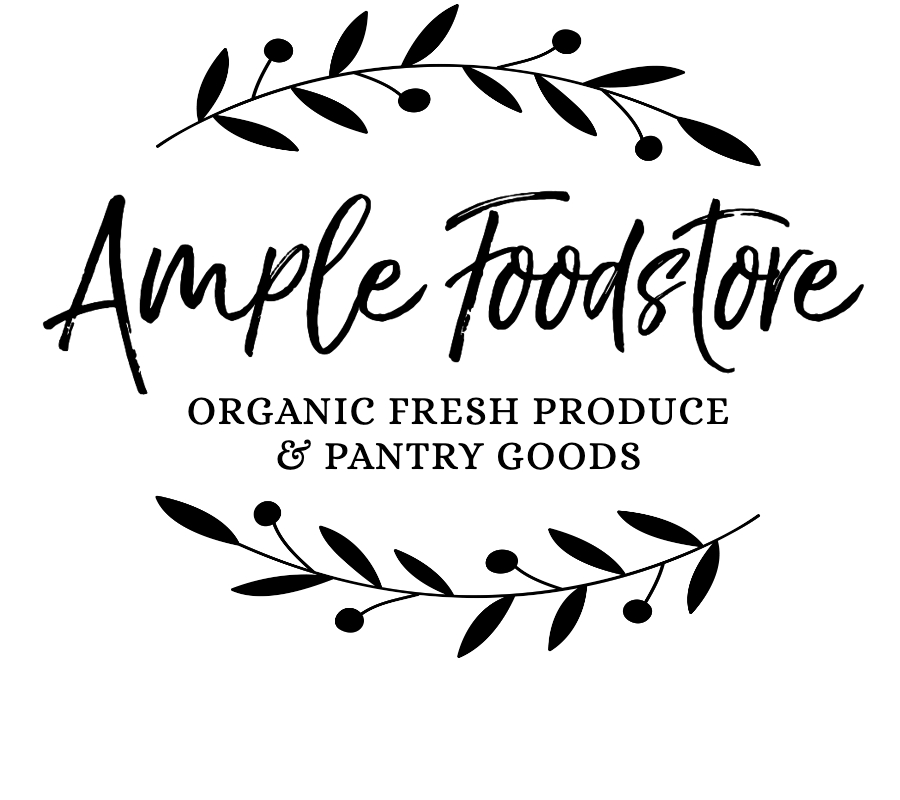Even for those who aren’t regular supermarket shoppers, there are occasions when venturing into the supermarket is necessary to pick up some bread or last minute essentials. Supermarkets, backed by a powerful food industry, increasingly attempt to win consumers through ad campaigns that use the labels of ‘fresh’, ‘Australian Made’ and ‘Australian Grown’. But how do we accurately interpret food labels and what about pesticide residue?
Is it really made in Australia?
For anyone who is concerned about the origins of the food they buy and the ingredients in their food, food labelling in Australia does not make it easy. Tom Godfrey, from Choice Magazine suggests that food labelling does not benefit the consumer, but instead food importers and global manufacturers.
A product does not need to contain any Australian made or sourced ingredients in order to receive the label ‘Made in Australia’. A food product can receive the label if 50% of the ‘costs of production’ were incurred within Australia. These costs may include staffing or repackaging. That’s why a jar of peanut butter can be labelled Australian made with peanuts that have been grown overseas.
How fresh is fresh?
The imported frozen berry scare in early 2015 highlighted problems with labelling, as did the recent controversy over Cole’s labelling of imported bread as ‘fresh’, for which they were ordered to pay $2.5 million dollars by the Federal Court for misleading consumers.
A food’s freshness and its nutritional value is also impacted by methods of production and the time between harvest and it’s consumption. Good Food reported that the accurate labelling of fresh produce to indicate a product’s country of origin is sometimes ad hoc and unreliable. And a 2008 report produced by Ceres on food miles calculated that an average basket of 29 supermarket groceries, accumulated food miles that were the equivalent of twice the distance around the earth.
Are pesticides harmful?
Pesticide and chemical use in the growing of fresh food is also an increasing concern and, according to the chair of the Organic Federation of Australia, the primary reason why people choose to buy organic food. While levels of pesticides and chemical use is regulated, the Australian food industry still supports the widespread use of pesticides in the growing of grains, fruits and vegetables. Of particular concern are organophosphates, which are ‘the most commonly detected group of pesticides found in Australian food’, according to Friends of the Earth (FoE). Pesticides and organophosphates have been linked to lowered IQ in children, Parkinson’s disease, endocrine disruption, cancers, and autoimmune diseases. The same FoE report found that one of the most commonly used and considered ‘safe’ chemicals in Australia, Roundup, has an active ingredient that causes foetal abnormalities in frogs and chickens.
In 2011 FoE analysed Australian data collected between 2000 and 2011 from a number of reports on food standards and food residue. The top five foods found to be most likely to show traces of pesticide use included apples, wheat, strawberries, pears grapes and lettuce. Tomatoes, bread, biscuits, carrots and imported teas – foods that would be considered staples – were also listed as commonly found with pesticide residue. While washing fruit and vegetables is always advisable, the FoE report recommends ‘if you are interested in limiting your exposure to pesticides, buying organic food is a sensible option.’
Although there are Australian standards or Maximum Residue Levels (MRLs) for pesticide use and food is regularly inspected, what is safe for one person of a particular age and health differs for another. It is also estimated that half of imported fresh produce is not tested.
Organics
For those who care about their health and the nutritional content of their food, as well as the environmental impact of food production practices and the use of chemicals, choosing to eat organic food is the only sensible choice. When food is grown locally and seasonally; when crops are rotated to allow the soil to maintain its nutrients; when fertilisers and pesticides do not pollute the soil; fruits, herbs, and vegetables are produced which are more nutrient-dense.
The availability of organic food has come a long way. It is no longer difficult to source locally grown, organic food and groceries. With online retail, ordering an organic box filled with nutritious, locally grown, seasonal vegetables and organic groceries is easy. Many online organic stores offer a home delivery service, and with increased competition, are offering competitively priced organic groceries that are affordable. The ACCC also has a guide for consumers to use when shopping for organic food.
